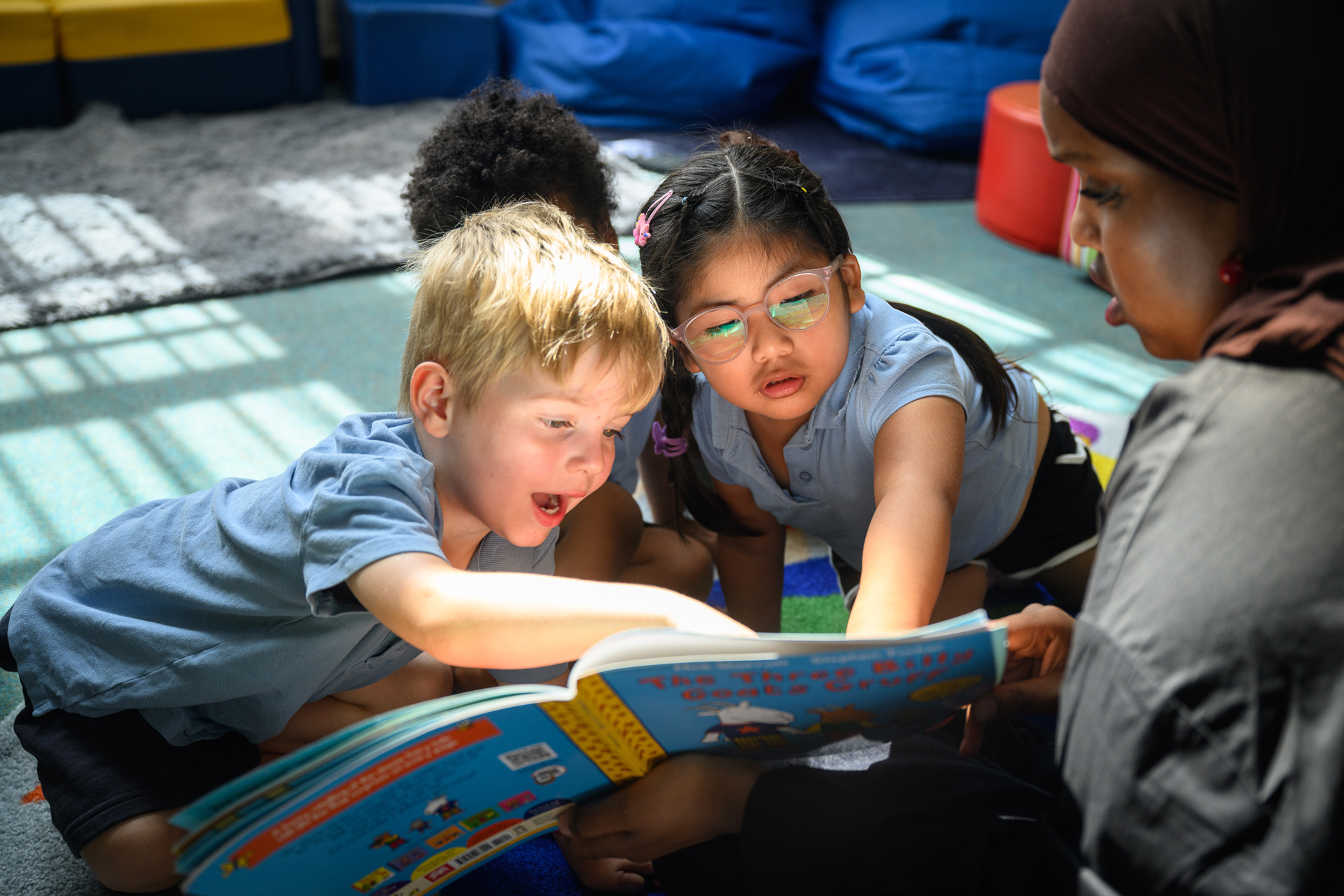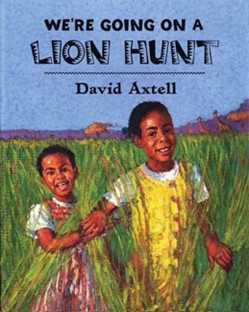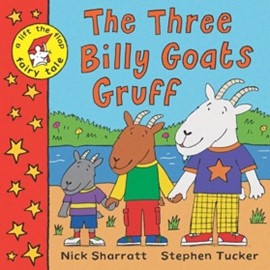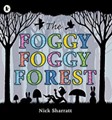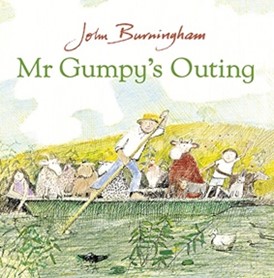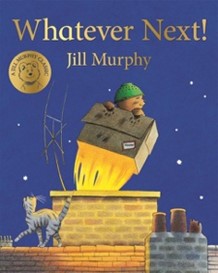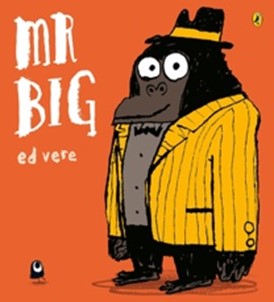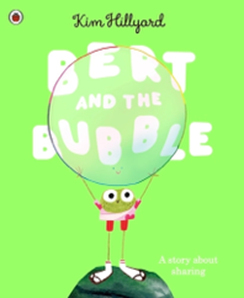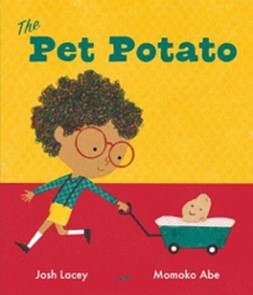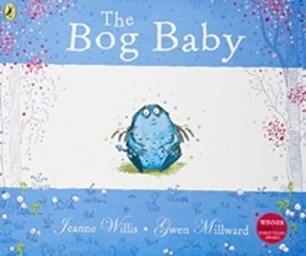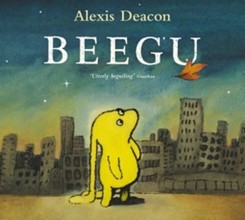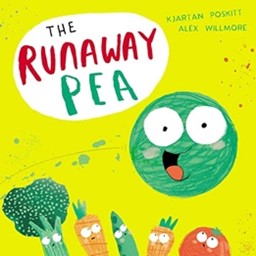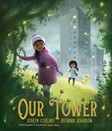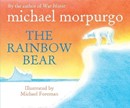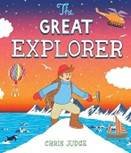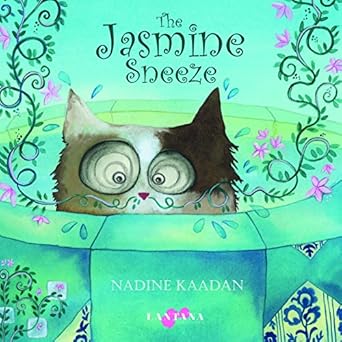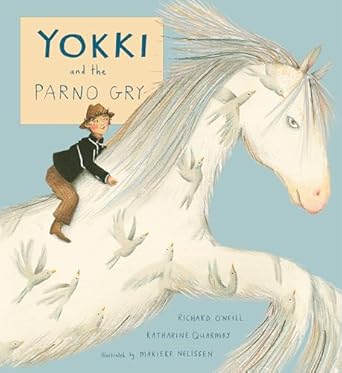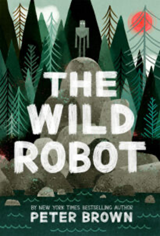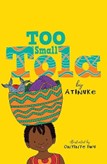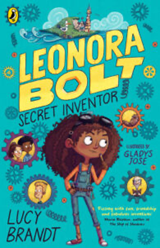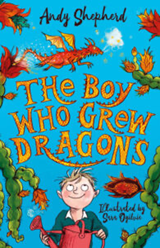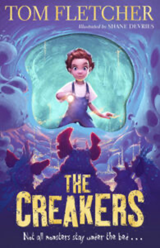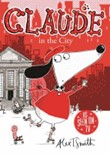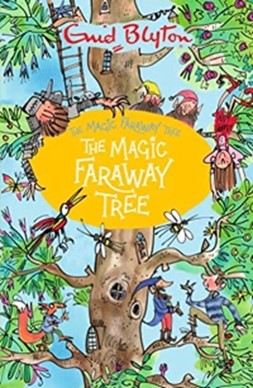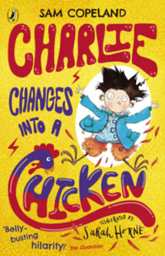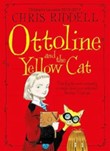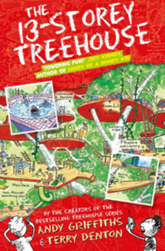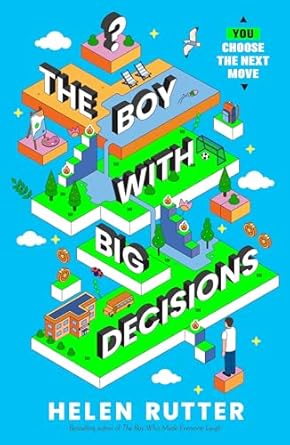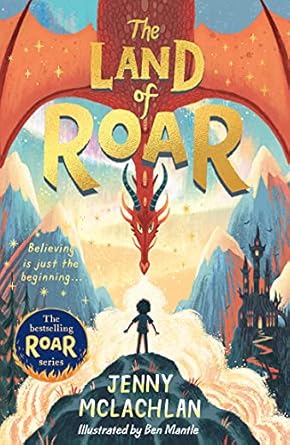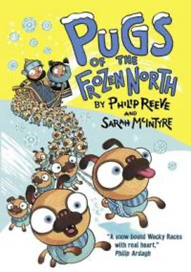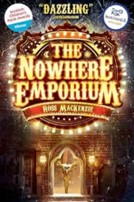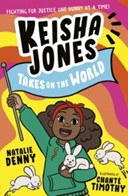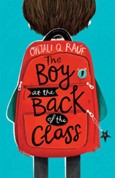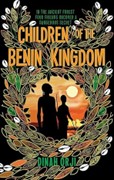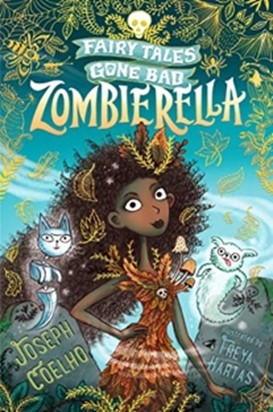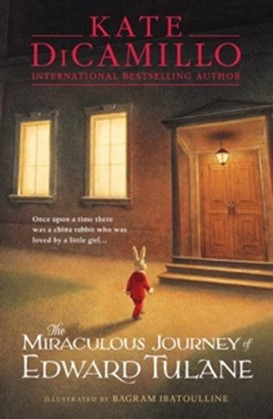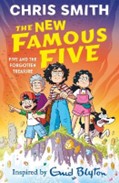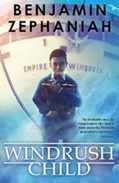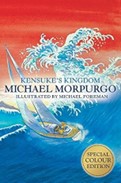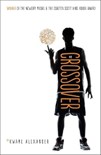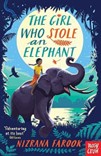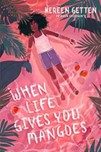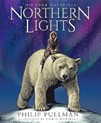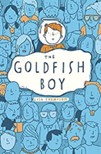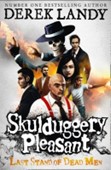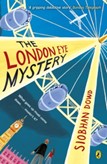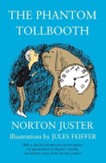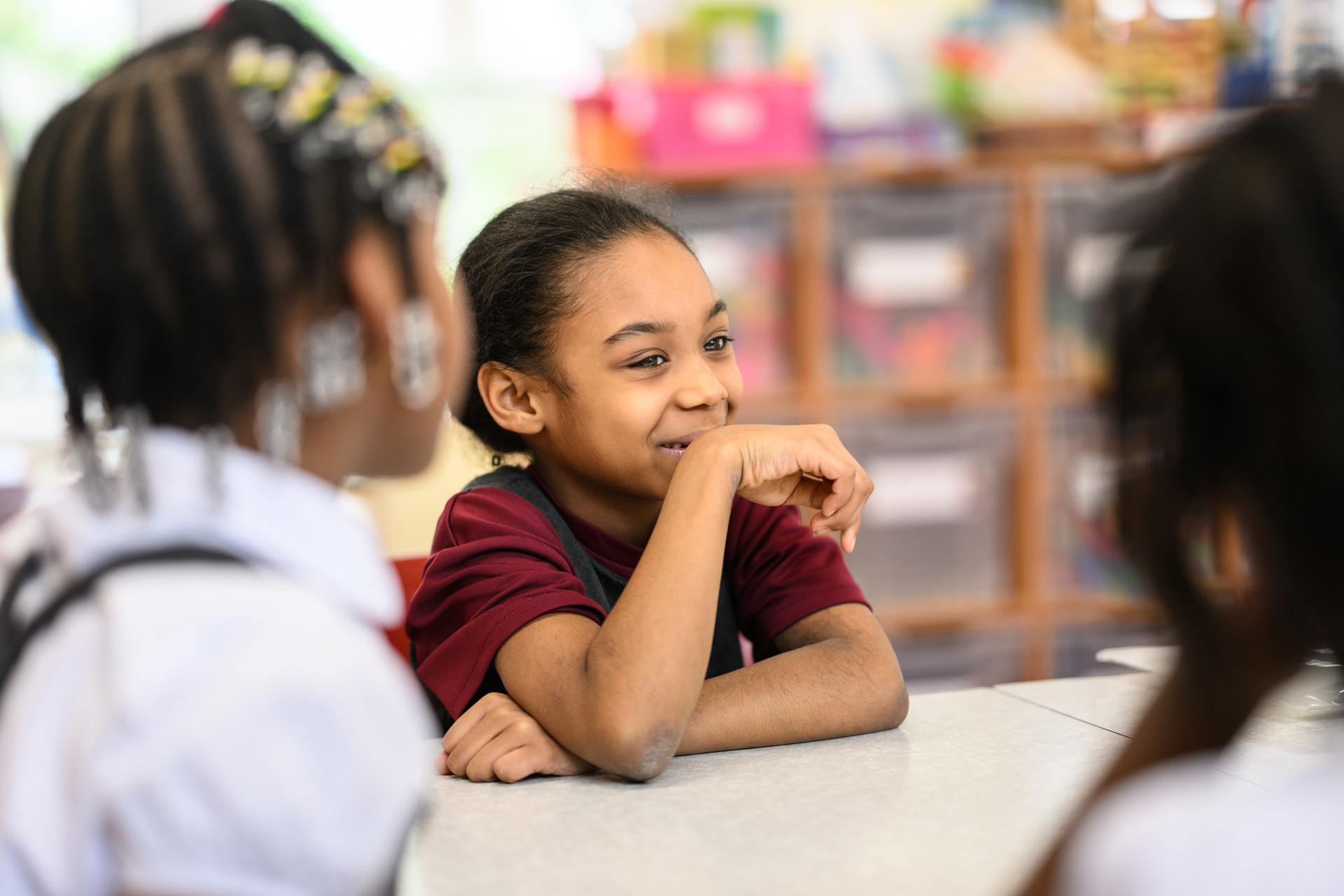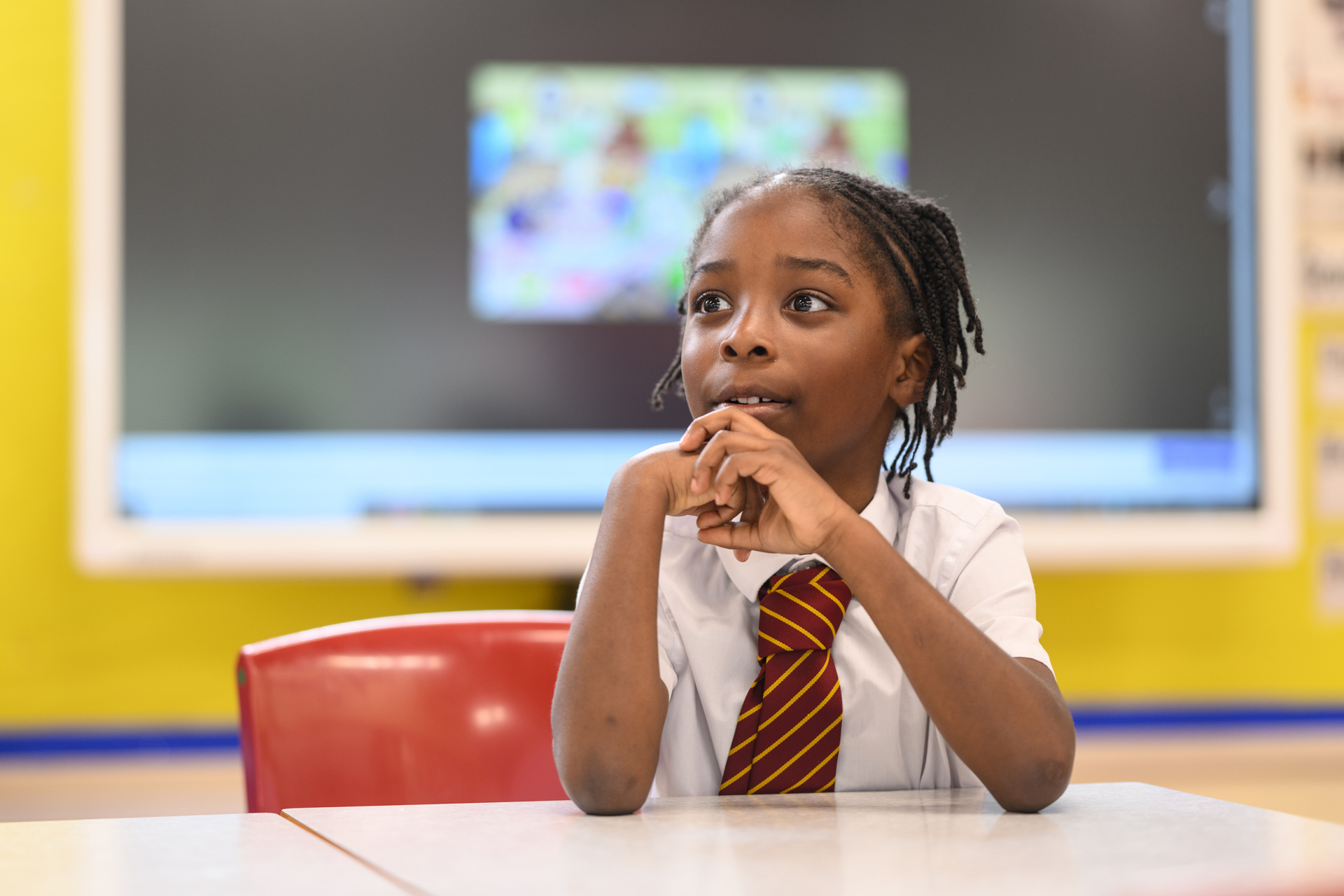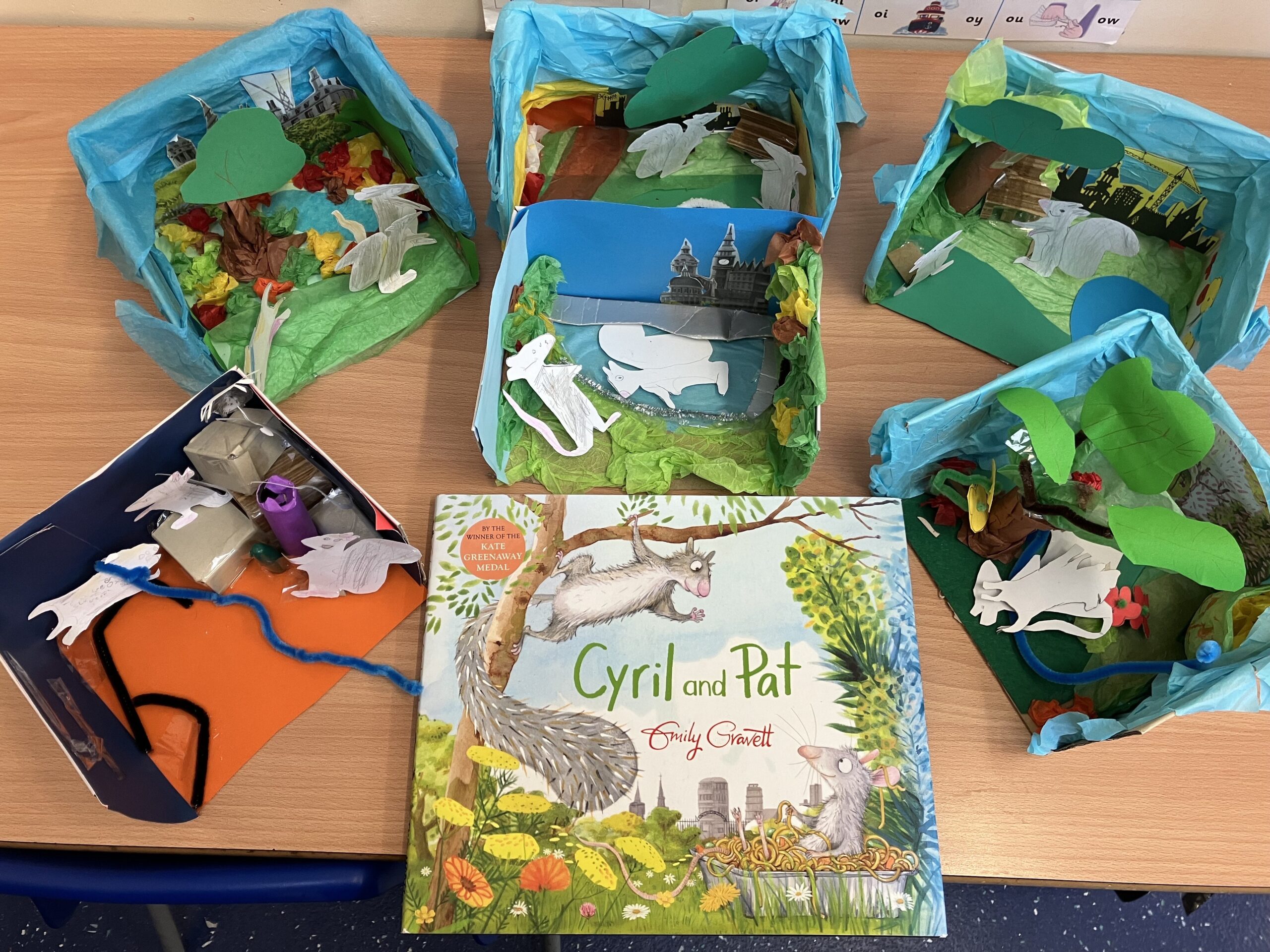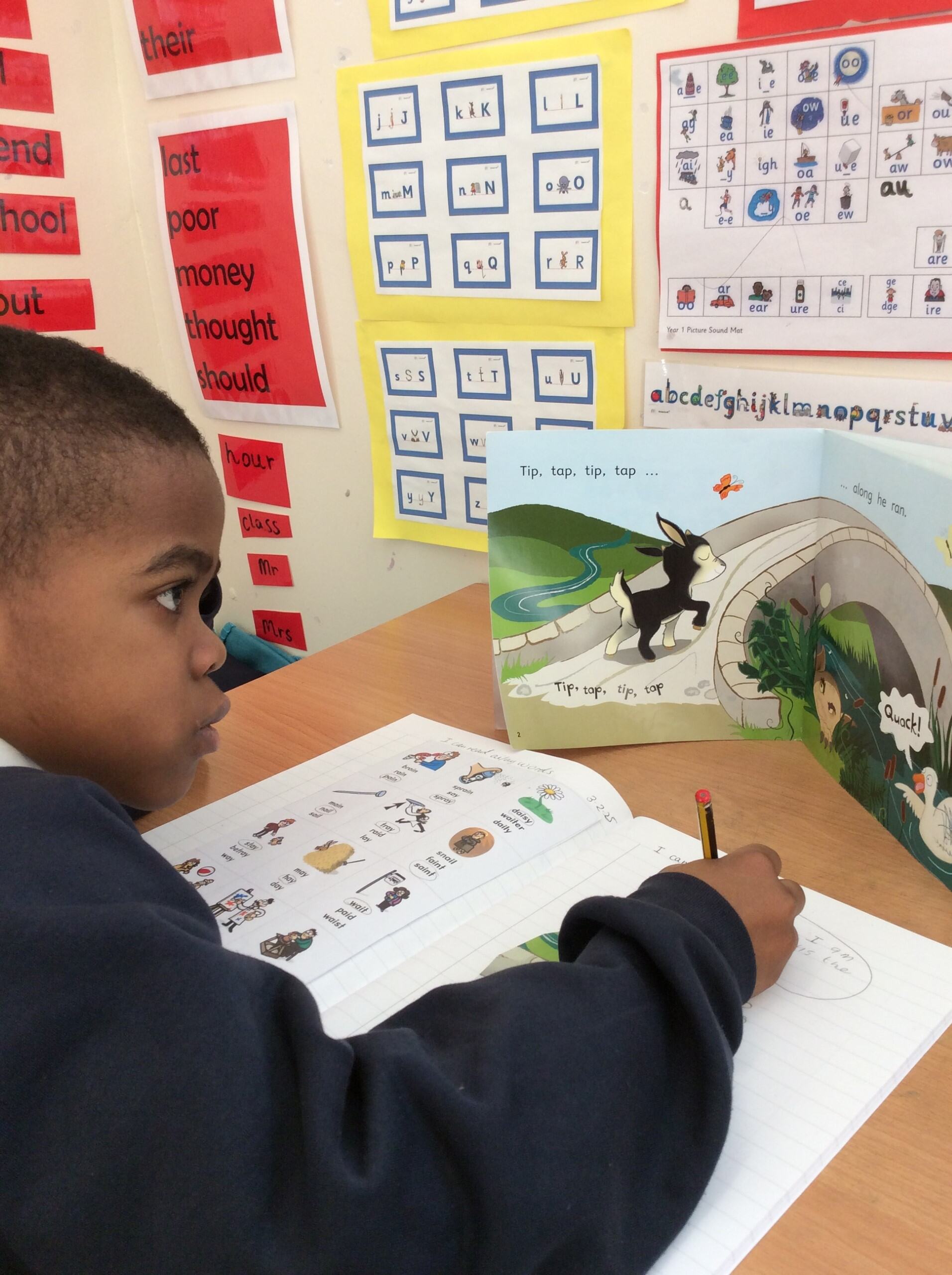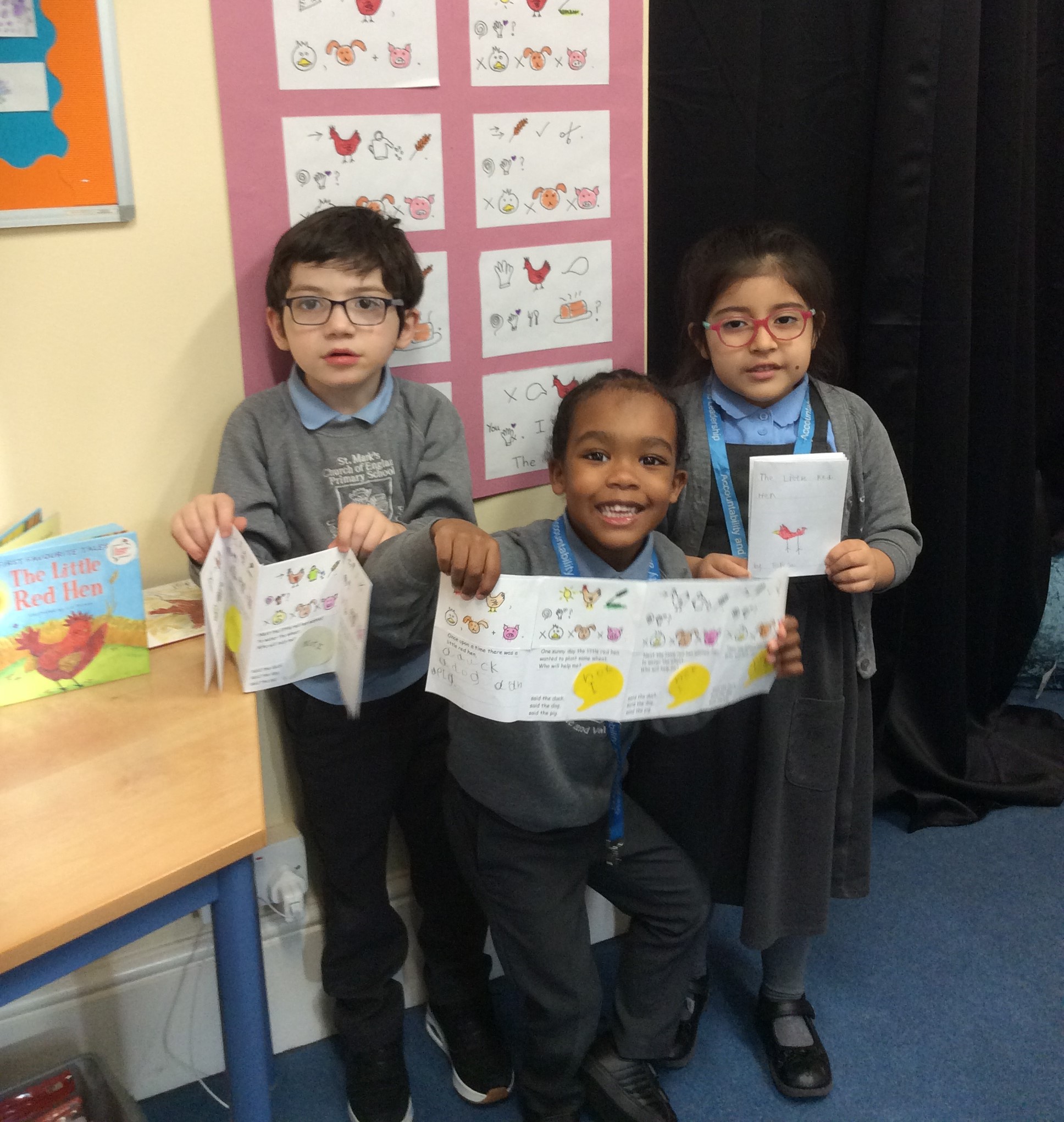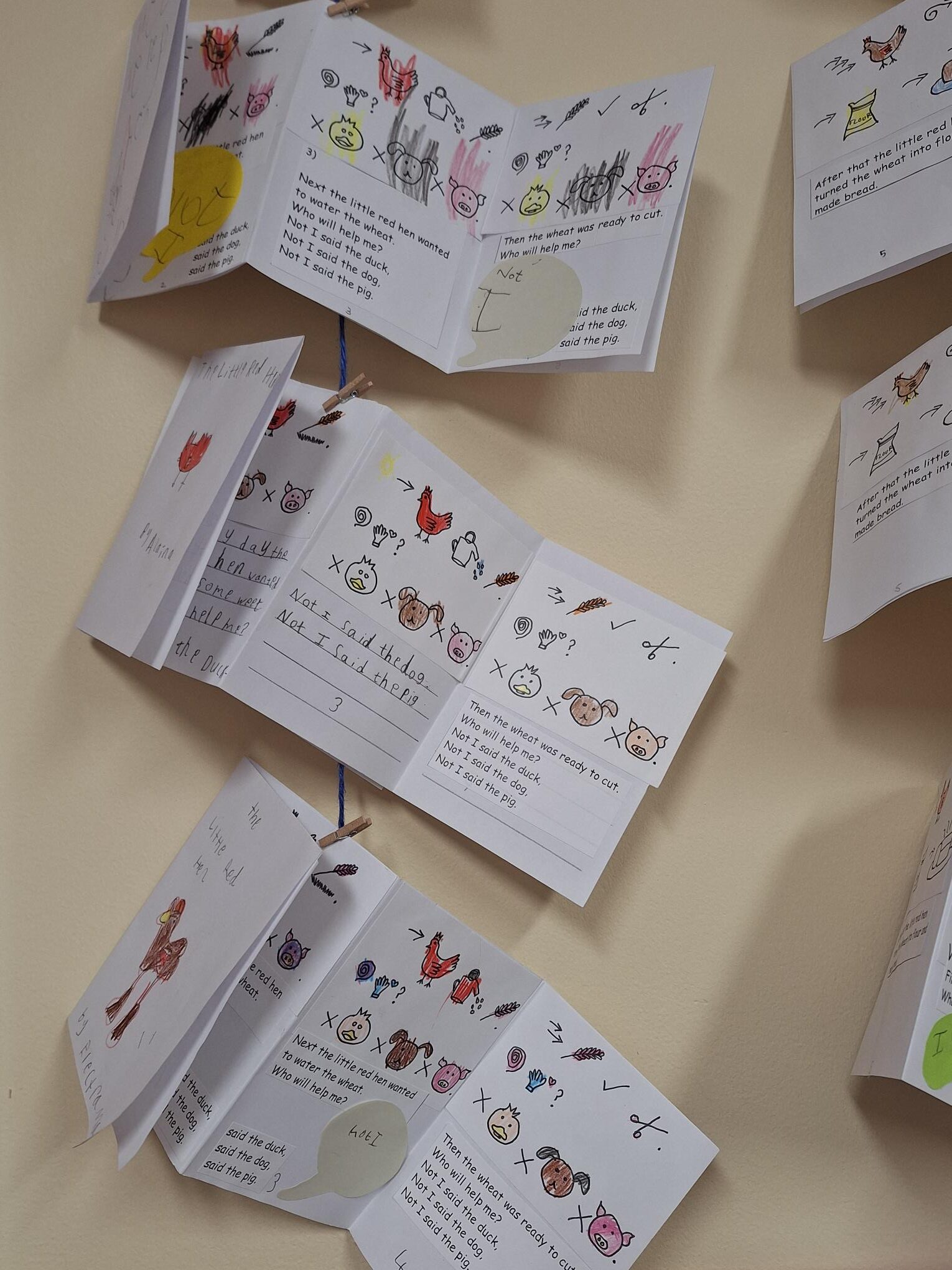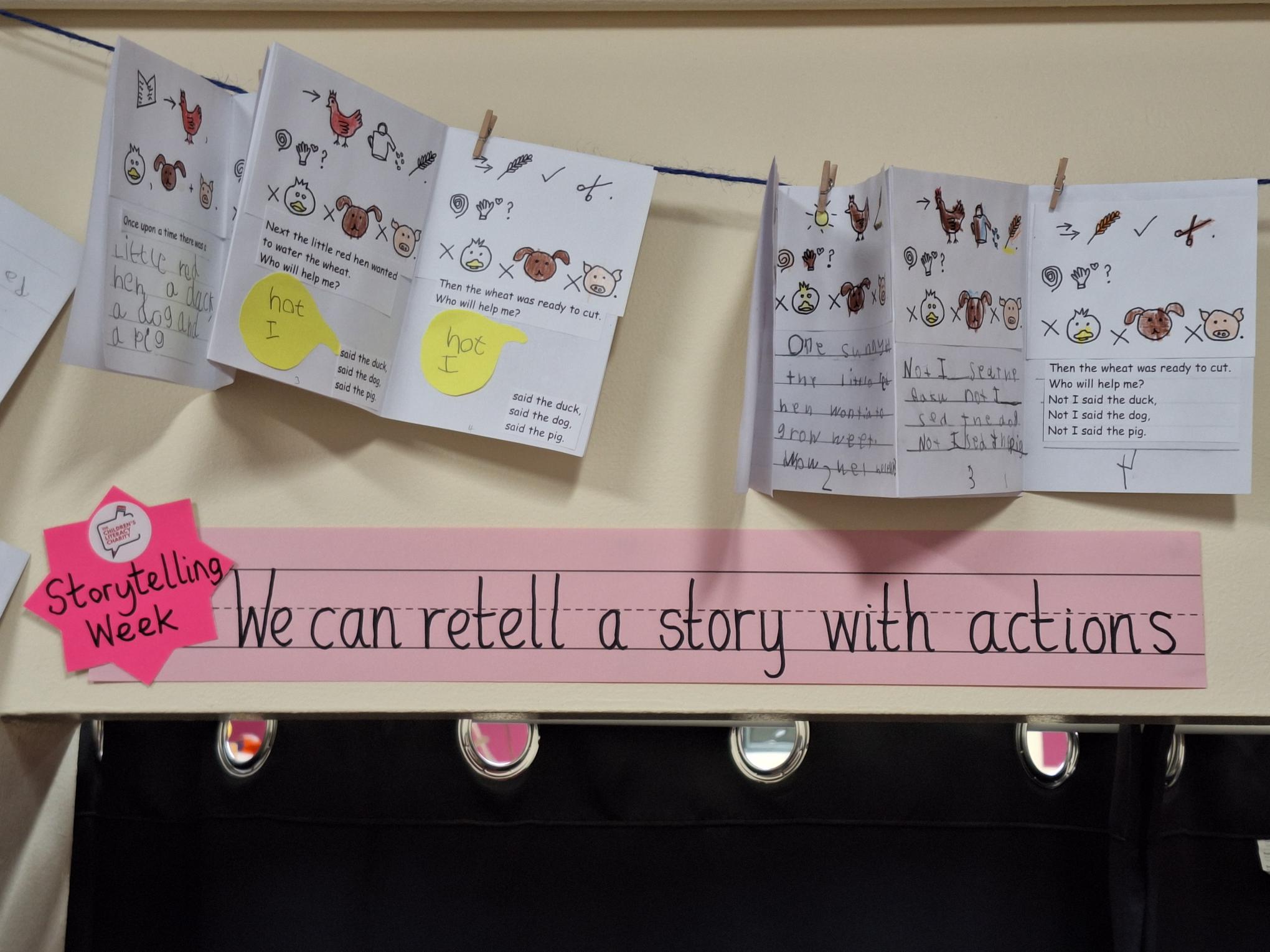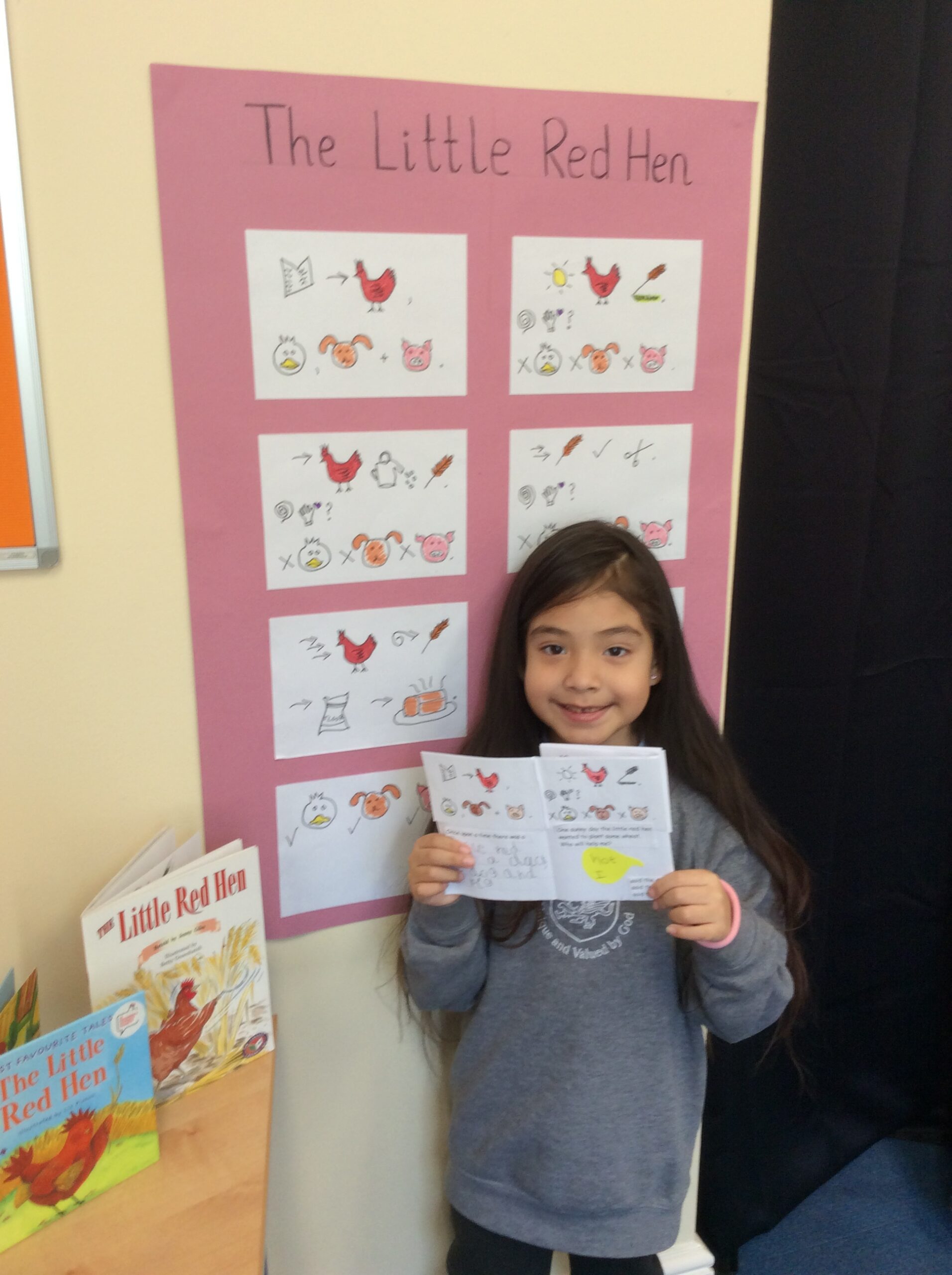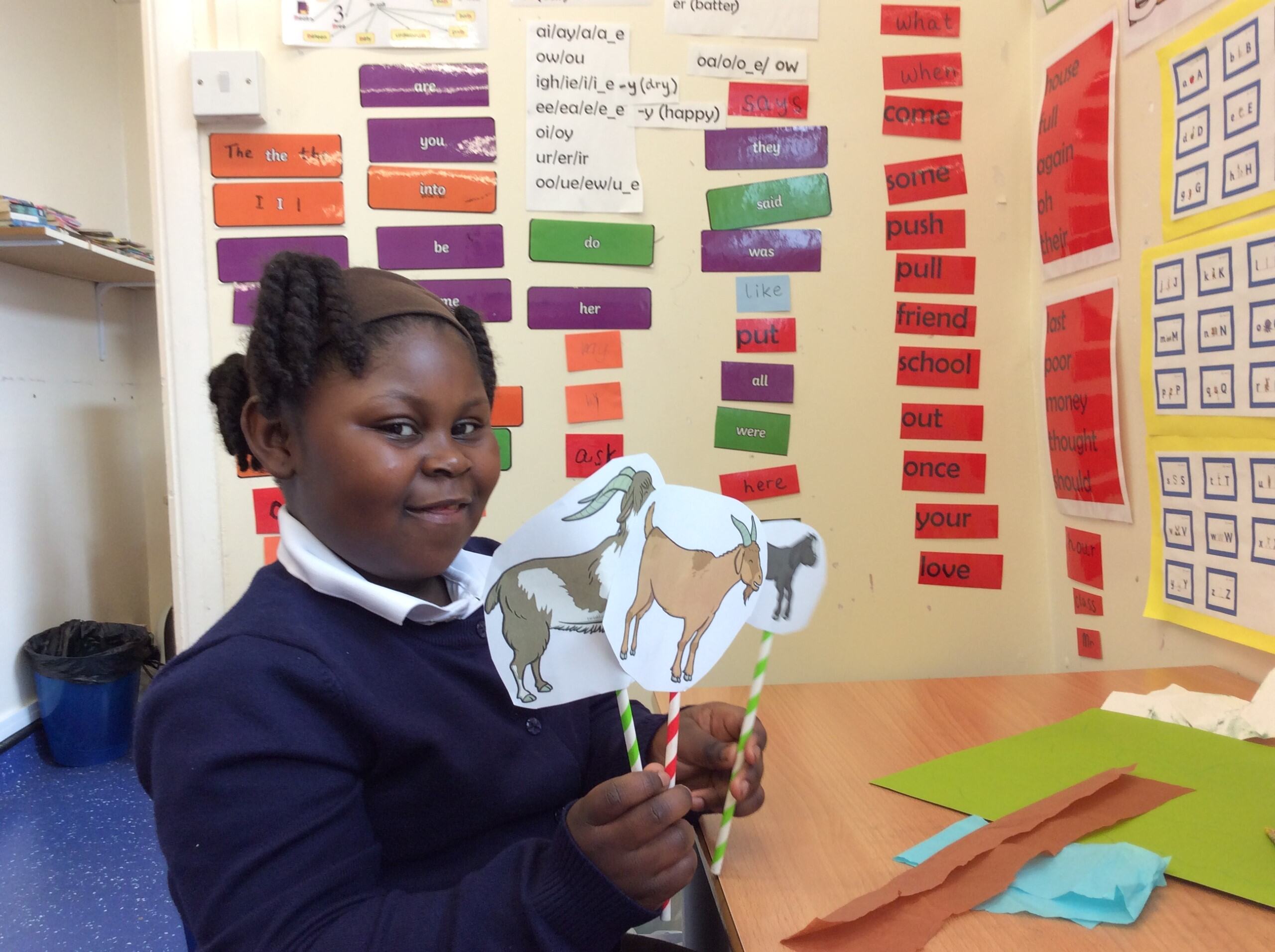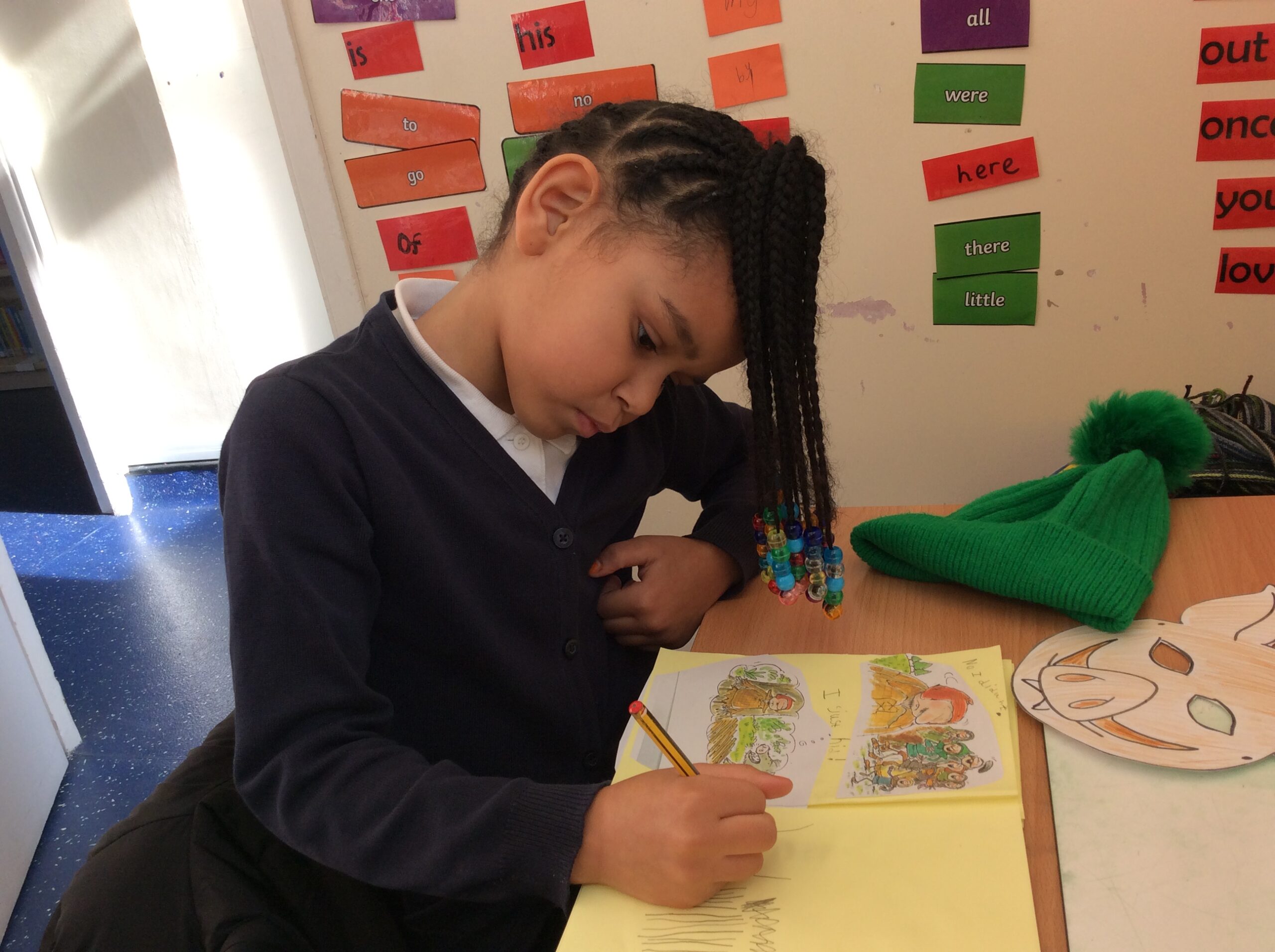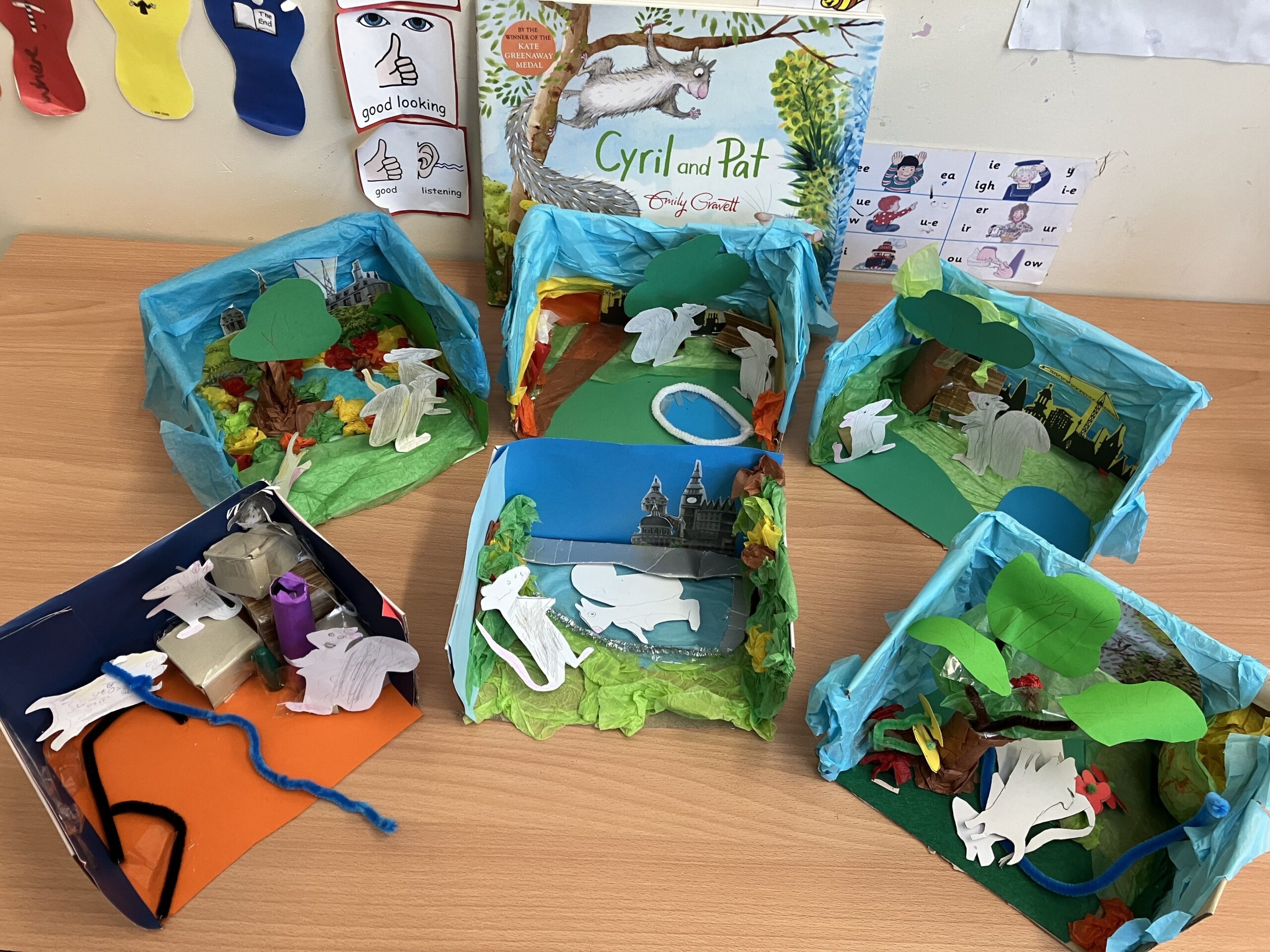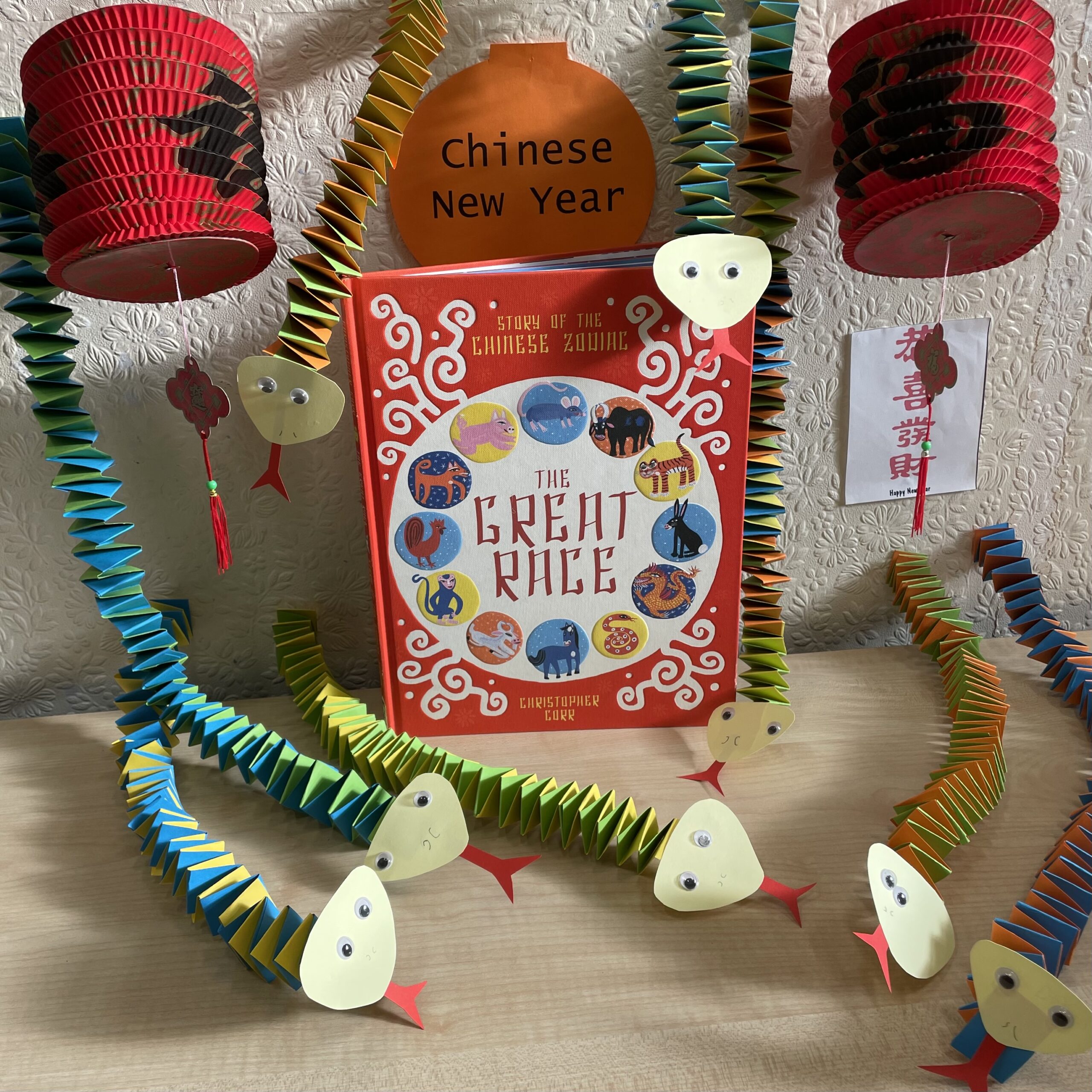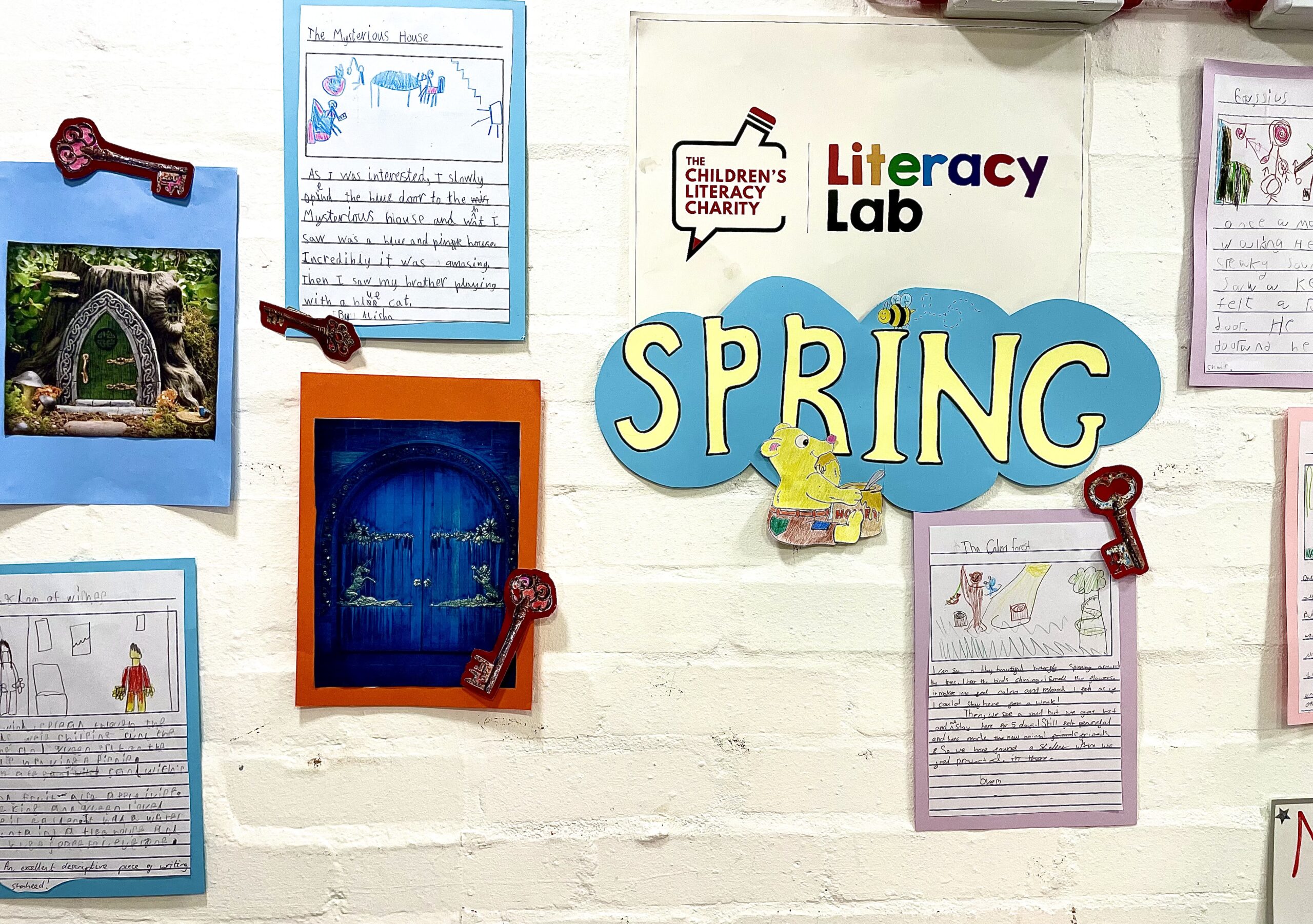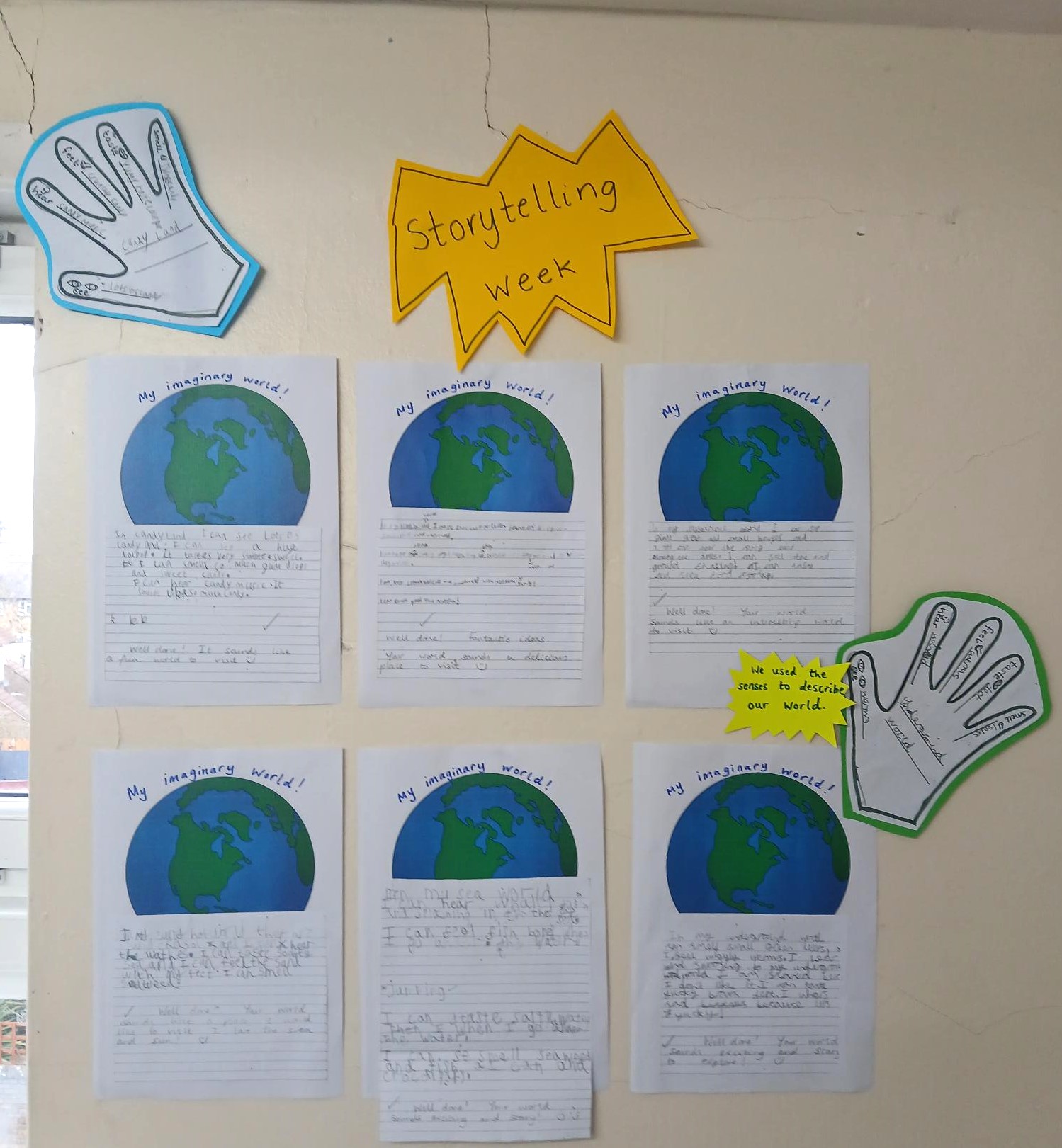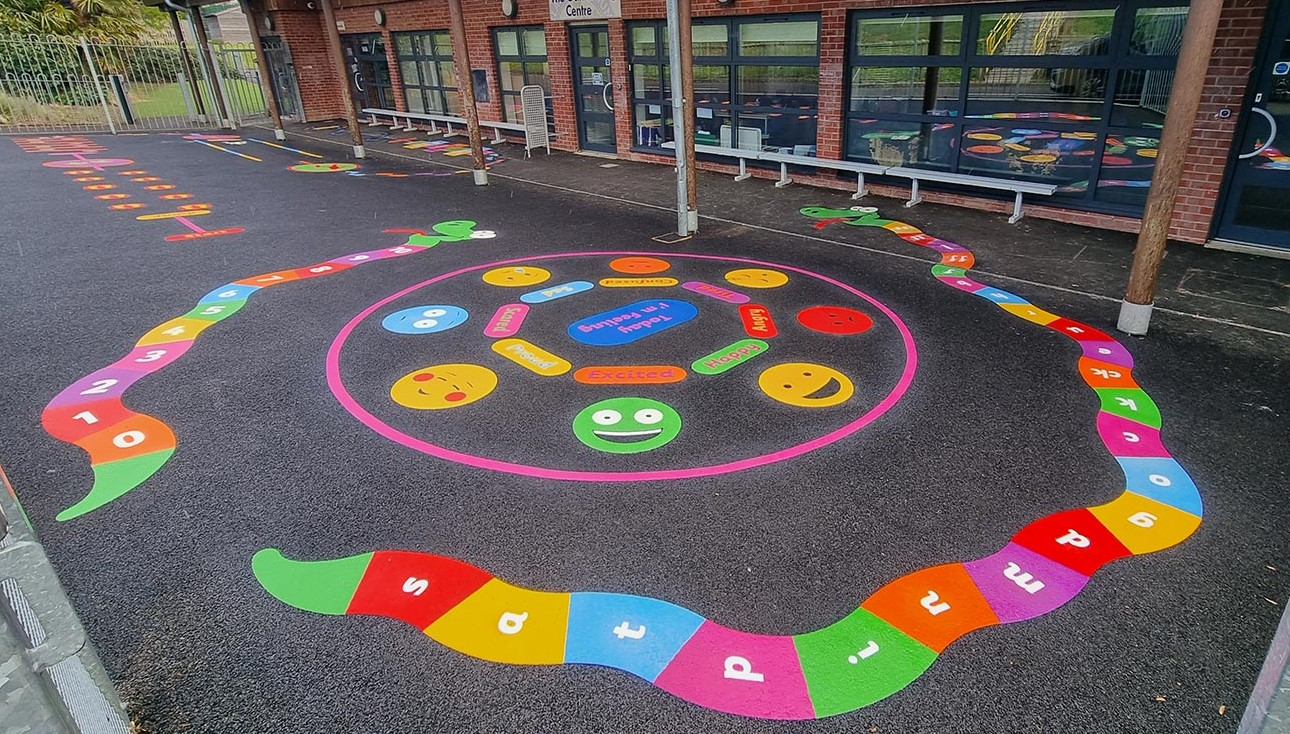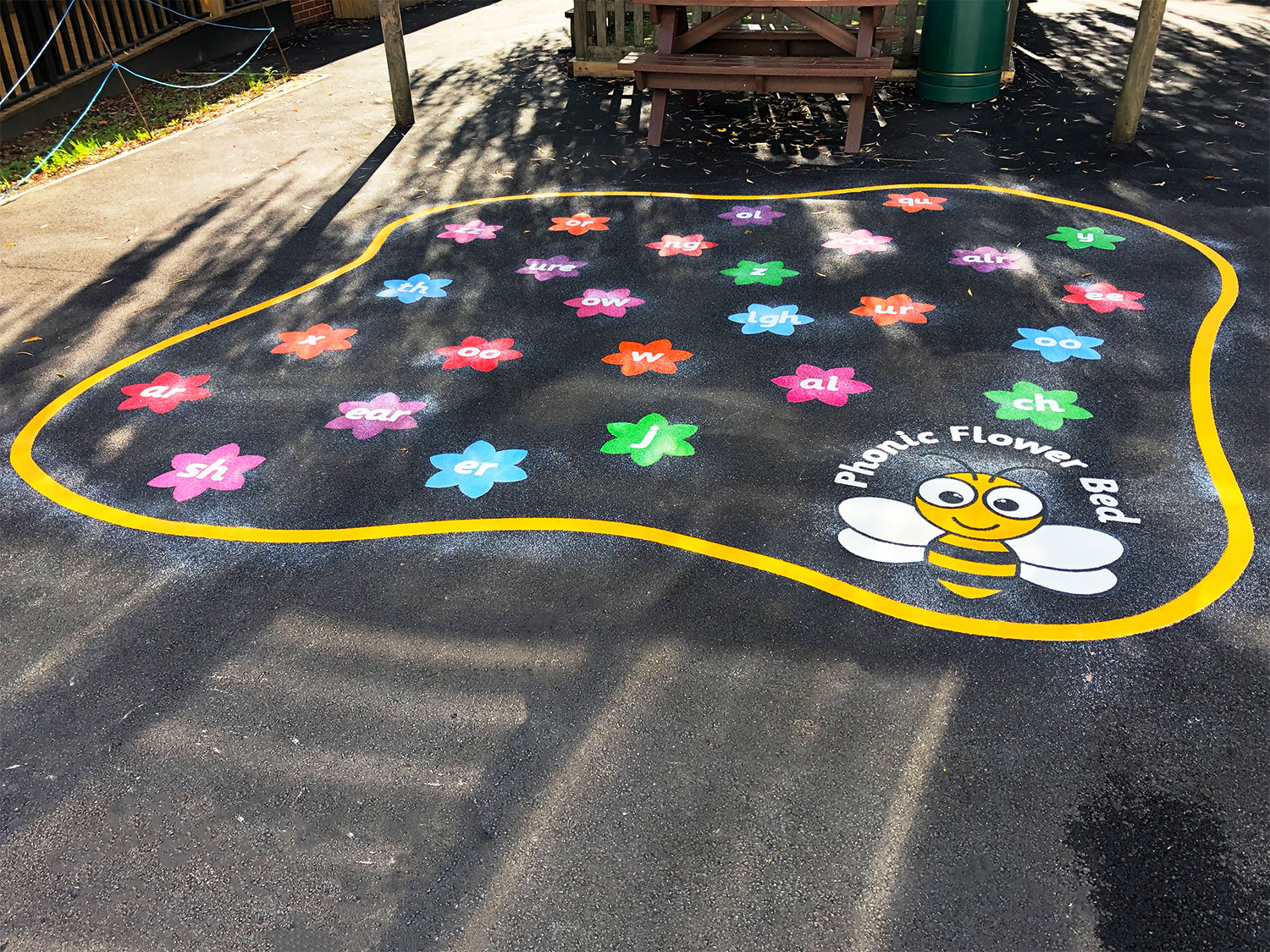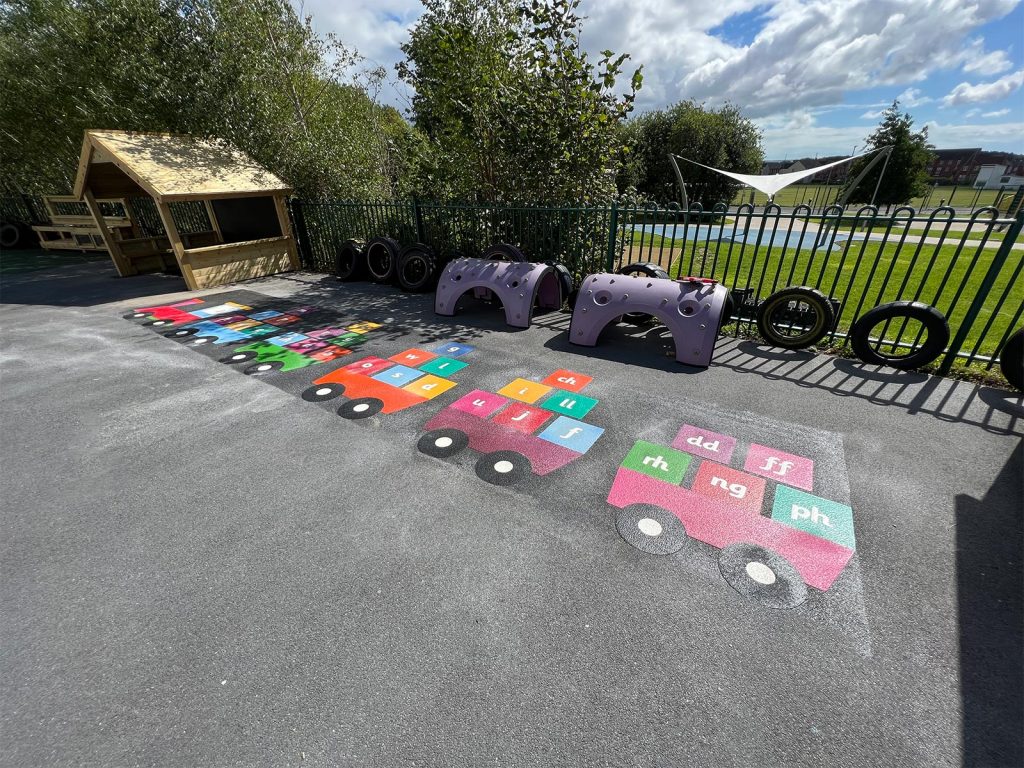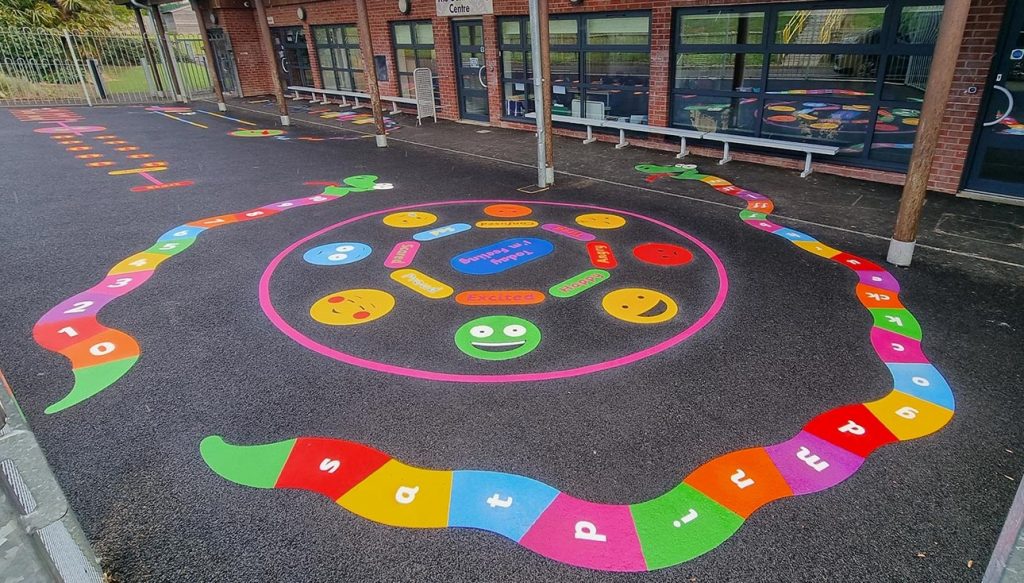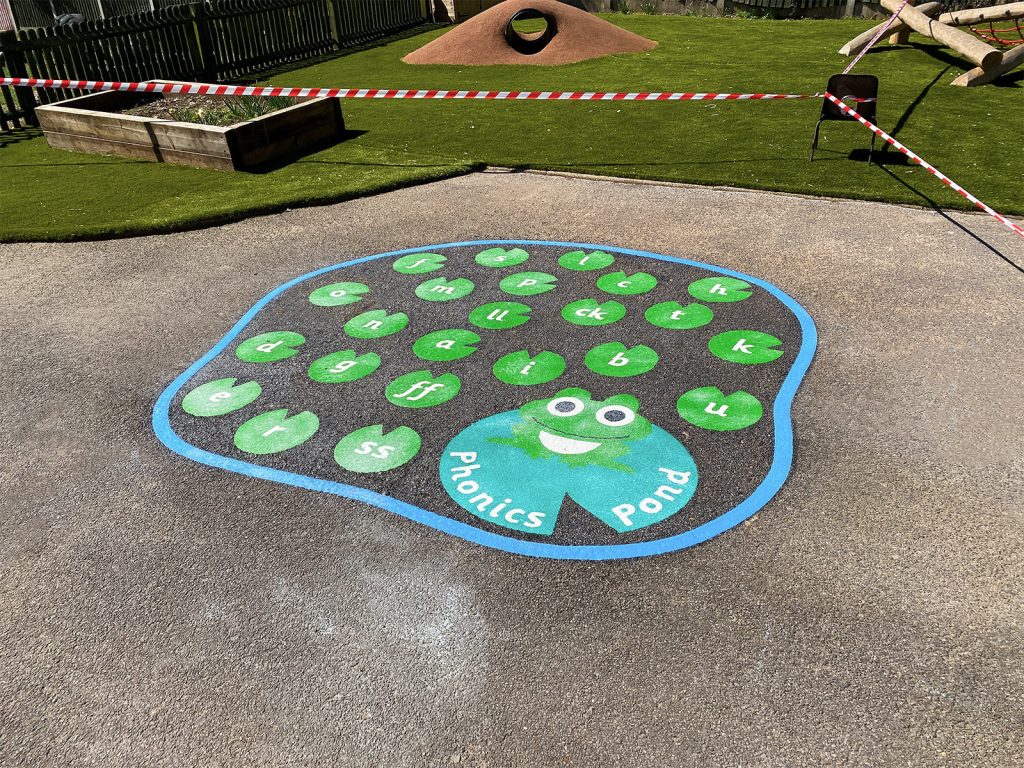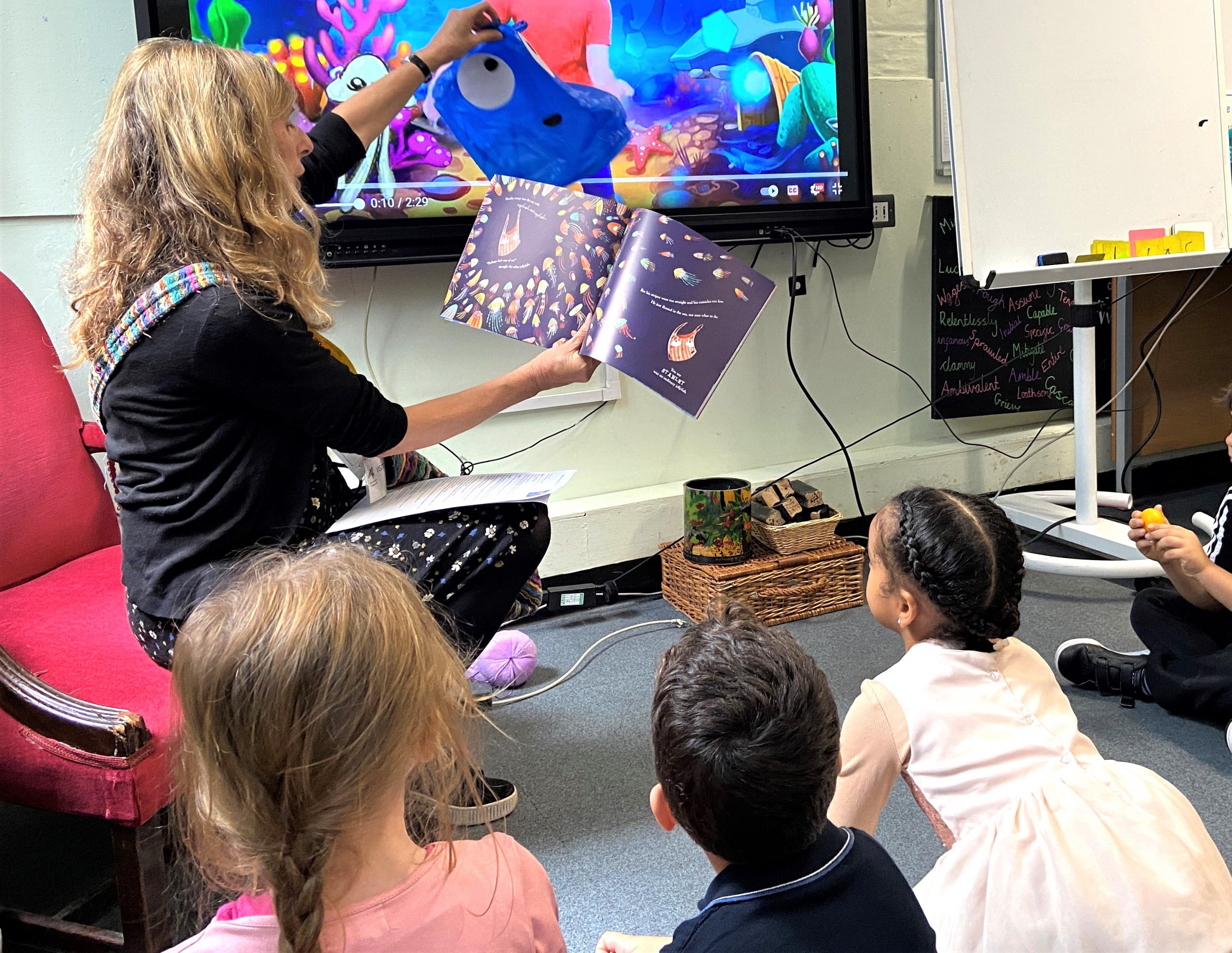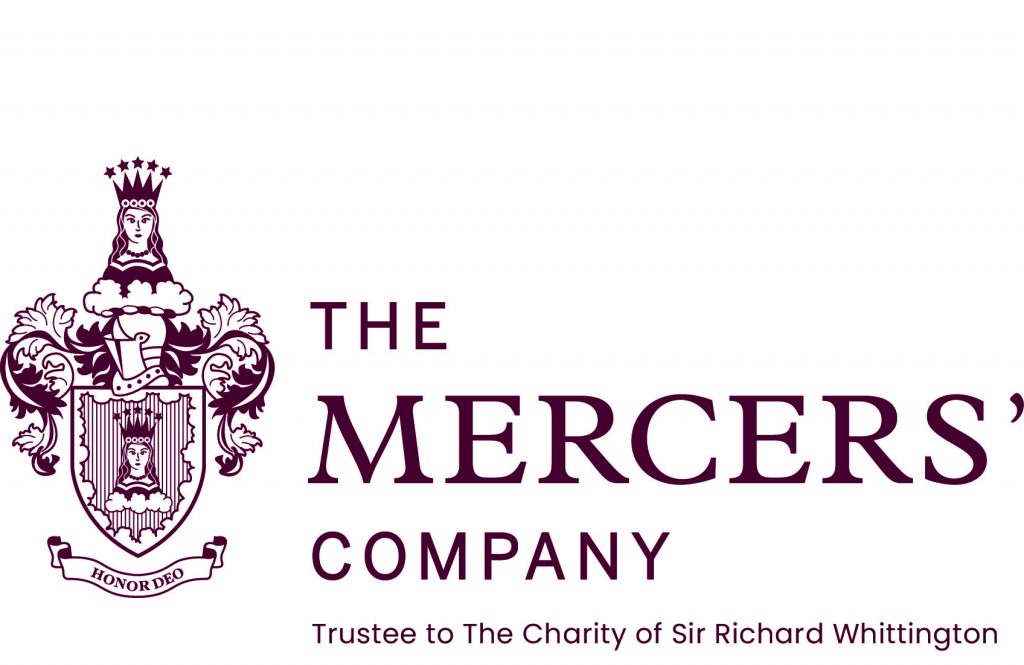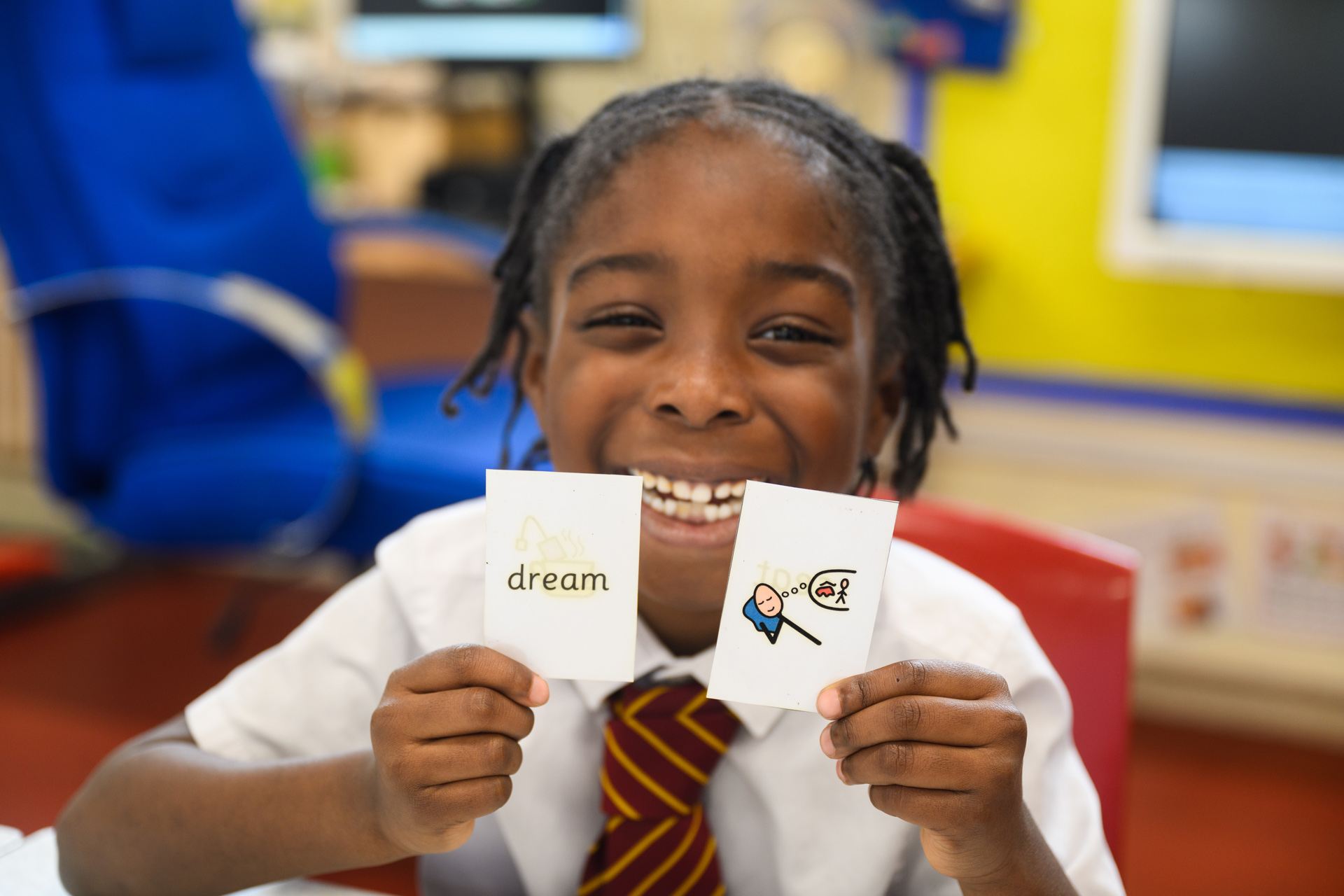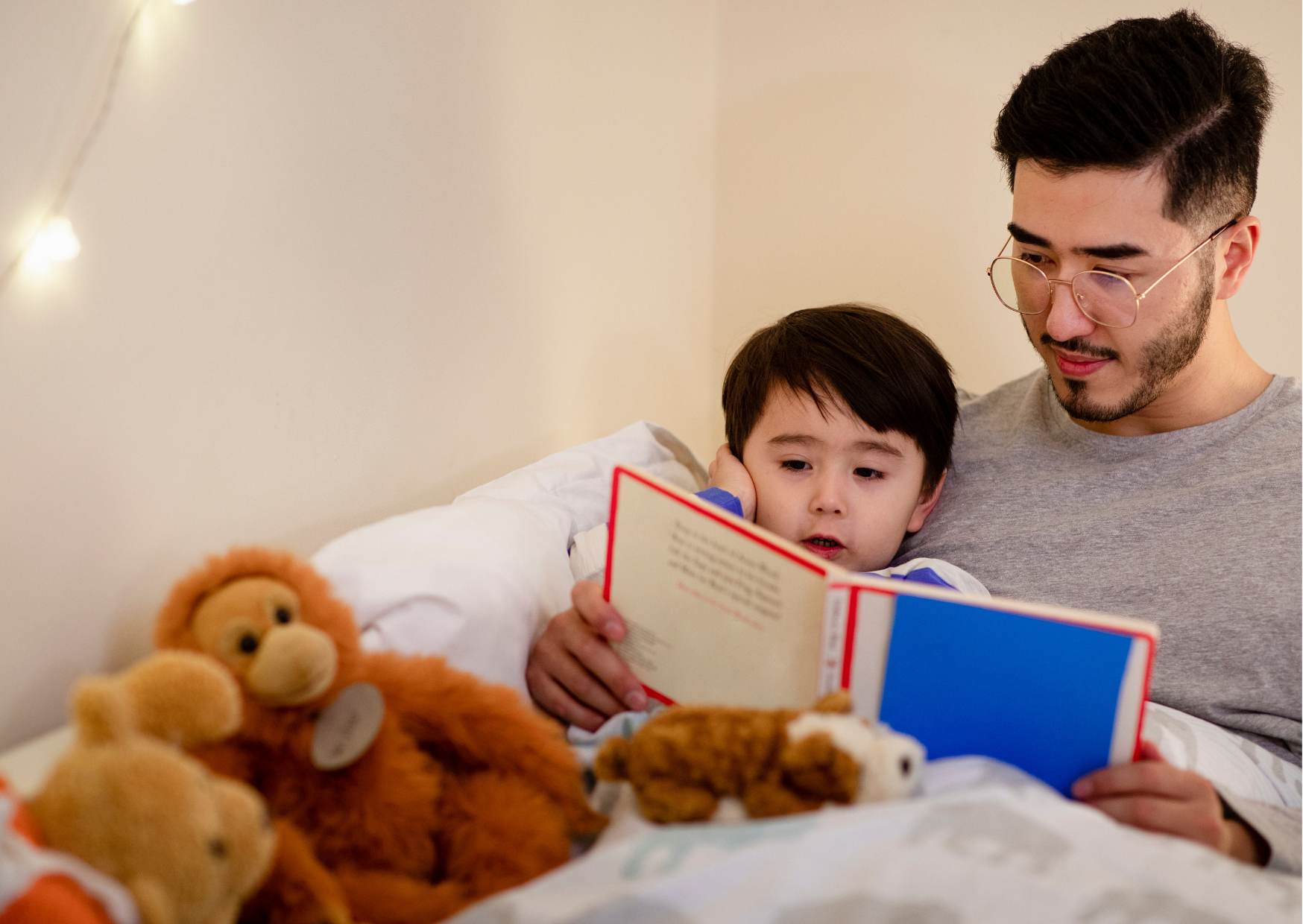As the first Story Lab trials conclude , Education Lead Julie Taylor takes a closer look at why shared reading matters.
The first groups of nursery and reception children to have experienced Story Lab, our new early years intervention designed to boost language and communication skills, have responded positively and enthusiastically, with schools, tutors and parents reporting a noticeable boost to confidence.
Delivered by one of our specialist tutors working with groups of five children, Story Lab is an immersive experience based on high-quality, diverse stories. Children are encouraged to retell narratives, connect with characters, expand their vocabulary, and grow in confidence as storytellers.
Our approach is rooted in the knowledge that early reading experiences are vital because they build language skills and spark imagination: children who are read to regularly from a very early age develop better literacy, focus, empathy, and emotional intelligence – all foundations for lifelong learning and wellbeing.
The Story Lab programme supports this by encouraging the kind of shared reading that Julian Grenier (Education Endowment Foundation) calls “one of the most powerful pedagogical techniques we have in the early years.”
An investment of a few minutes a day has the power to create a lifelong love of books and reading, which is why Story Lab places great emphasis on engaging families with the programme: parents and carers are invited to attend an introductory workshop, observe the in school sessions, and take part in reading and related activities out of school. We also gift to the children five books over the course of the 10-week programme to encourage parents to read with their child at home.
Yet a study this year by Harper Collins UK found that only 41% of children aged 0–4 are read to frequently, down from 64% in 2012. Perhaps as concerning is that the same study revealed that only 40% of parents consider reading to their children as enjoyable, indicating a shift in perception towards viewing reading as a chore or academic task.
So we were delighted to see the Waterstones Children’s Laureate Frank Cottrell-Boyce calling for every child to have “the opportunity to hear stories and experience books in their early years” in the recent Book Trust report, Reading Rights.
But as the report highlights, while shared reading contributes significantly to the health, wellbeing and happiness of our children, “reading is a privilege shared by fewer and fewer children.”
This is why the gifting of books to the families of those children attending Story Lab is a key strand to the programme.
Research by Dr Caroline Zwierzchowska-Dod (Books, Babies and Bonding) highlights the powerful impact of gifting books—not only on children’s development, but also on family relationships. Regular shared reading deepens bonds, enhances understanding and positively shapes parents’ attitudes and confidence in supporting their child’s literacy.
“xxx.”
Julie Taylor, Education Lead at The Children’s Literacy Charity

